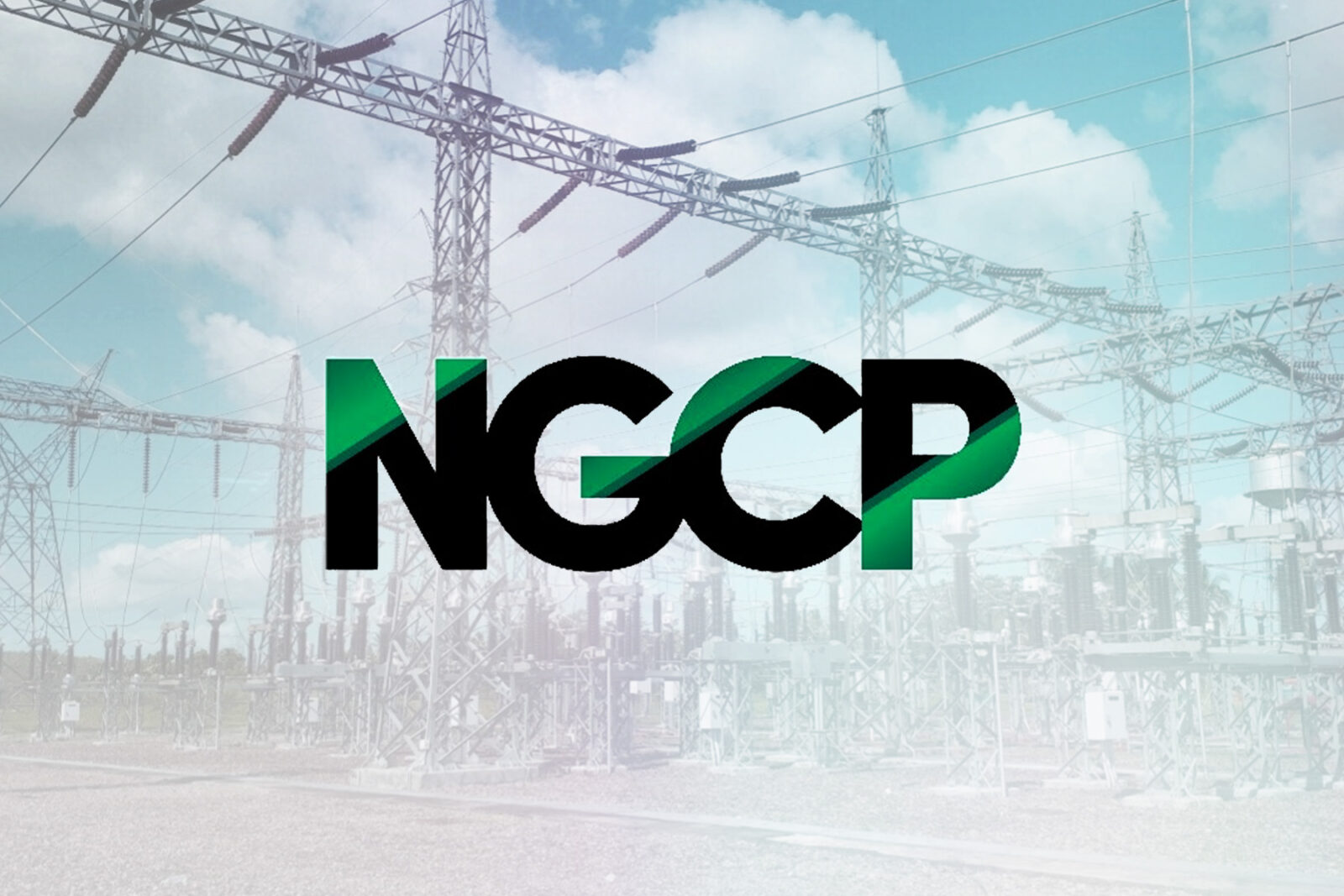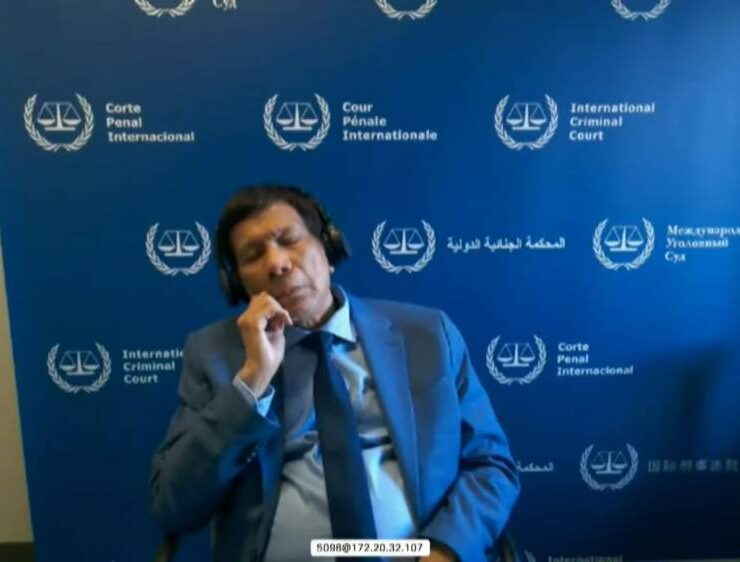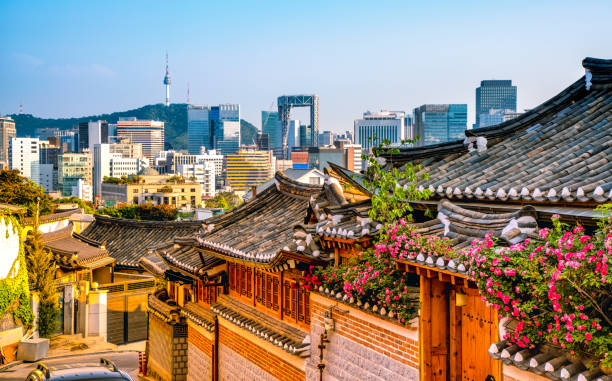Lawmakers: Why Chinese minority shareholder as NGCP chair?

Amid mounting concerns over potential Chinese control of the nation’s power transmission system, House members have questioned the election of a Chinese national as board chair of the National Grid Corp. of the Philippines (NGCP).
During a hearing by the House committee on legislative franchises on Tuesday, Batangas Rep. Gerville Luistro and Quezon Rep. David Suarez asked how Zhu Guangchao, a Chinese national, became NGCP chair even though he represented the minority shareholder in the company.
The NGCP operates and maintains the country’s lone state-owned power grid, with 40 percent of the company owned by the State Grid Corp. of China (SGCC), a government-owned enterprise of the Chinese Communist Party. The remaining 60 percent is held by Filipino investors, including Henry Sy Jr. of the SM group and luxury car importer Robert Coyiuto Jr. of Prudential Guarantee and Assurance Corp.
“How is it possible that the chair of NGCP was able to be elected chair when their shares only represent not even half of the company?” Suarez asked. “Isn’t it quite ironic that a minority shareholder would hold the highest position in the company?”
Shareholder agreement
NGCP lawyer Lally Mallari explained that the NGCP board of directors was merely a “presiding role and [does] not [have] much functions” and maintained that executive and managerial positions of the company were held by Filipinos.
Some lawmakers, including Albay Rep. Joey Salceda, were unconvinced, recommending a full-blown inquiry and a national security threat assessment of the NGCP, which was already facing allegations of lapses and practices that burden consumers.
These include delays in various transmission projects, such as the interconnection of the Mindanao and Visayas grids.
In May 2023, Sen. Sherwin Gatchalian filed a resolution seeking an inquiry into the alleged delayed implementation of 16 NGCP projects considered to be Energy Projects of National Significance (EPNS).
Gatchalian expressed his dismay over the supposed delay, pointing out that only six of the 16 EPNS, or 37 percent, were completed as of March that year.
These same allegations prompted the House to launch last year its own inquiry into the NGCP’s operational and financial compliance for its franchise.
During Tuesday’s hearing led by Parañaque Rep. Gus Tambunting, lawmakers also compelled the NGCP to submit its shareholder agreement—which delineates the rights and obligations of stakeholders—within the week to allay concerns about possible foreign influence in the NGCP’s operations.
Sought-after document
The same document was sought by the Senate committee on energy last year during its own inquiry into the same issue.
However, Mallari explained that the shareholder agreement was withheld due to its confidentiality under the alternative dispute resolution law and its involvement in an arbitration case in Singapore.
How China gained entry
However, Tambunting reminded NGCP officials that the House’s rules on inquiries in aid of legislation override such limitations.
Luistro later asked why the company “preferred or allowed or opted to have this 40 percent be owned by Chinese citizens … because the possibility is that there might have been Filipino citizens or companies at the time in 2008 (when the NGCP was granted its franchise) interested to acquire the 40 percent of NGCP’s shareholdings.”
Mallari explained that the concession required a technical partner in managing a transmission system, which at the time was met only by the state-run National Transmission Corp. (Transco).
“NGCP was incorporated after the consortium of its stockholders won the 25-year concession in an open public bidding. As required by the bidding documents, all prospective bidders should have a technical partner with proven expertise in transmission systems. Since (Transco) was the only transmission expert in the Philippines at the time, the technical expert was necessarily foreign,” she said.
Another lawmaker, Laguna Rep. Dan Fernandez, also called out the NGCP for failing to comply with its mandate to offer at least 20 percent of its shares to the public.
‘National monopoly’
Fernandez pointed out that under Section 8 of Republic Act No. 9511, the NGCP was to make a public offering of shares representing 20 percent of its capital stock within 10 years from the commencement of its operations, but the NGCP’s statutory deadline lapsed on Jan. 14, 2019, he said.
Fernandez reminded Mallari that the requirement was even more important because transmission was a “natural monopoly—because you don’t have competition, all the more that the public needs to have participation.”
Mallari clarified that the NGCP filed a petition to extend the deadline for its public offering in November 2018, but was denied by the Energy Regulatory Commission in 2021.
ERC Commissioner Agnes Maceda said that while the agency has already ordered the NGCP to begin the process of public listing, the NGCP in turn filed a motion for reconsideration.





















